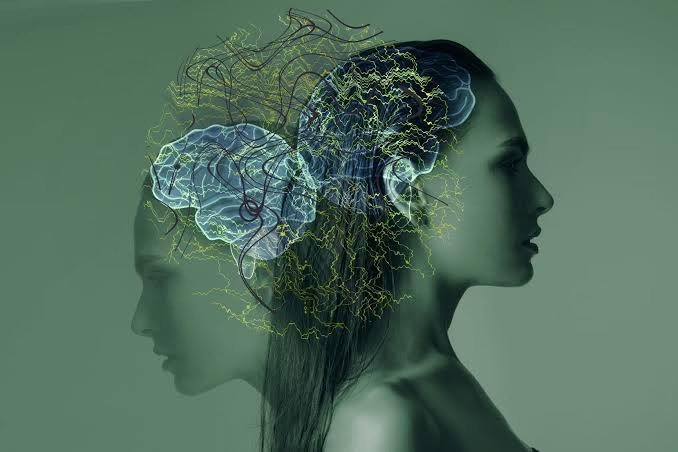Bipolar disorder is a mental health condition that causes a person to experience extreme mood swings. These mood changes can be very intense and affect how a person feels, thinks, and acts.
The Highs and the Lows
People with bipolar disorder usually go through two main types of mood episodes:
- Mania (or Hypomania) – This is the “high” phase. A person may feel extremely happy, full of energy, and very confident. They might talk quickly, have racing thoughts, and take risks they normally wouldn’t—like spending too much money or acting recklessly. In hypomania, the symptoms are milder but still noticeable.
- Depression – This is the “low” phase. A person may feel very sad, hopeless, tired, and may lose interest in things they used to enjoy. It can be hard to concentrate, eat, or sleep. In serious cases, they may even have thoughts of death or suicide.
It’s Not Just Mood Swings
Everyone feels happy or sad sometimes. But with bipolar disorder, these moods are stronger, last longer (often days or weeks), and can make it hard to live a normal life. Work, school, relationships, and daily activities can all be affected.
What Causes It?
We don’t know exactly what causes bipolar disorder, but it’s likely a mix of:
- Genetics (it can run in families)
- Brain chemistry (chemical imbalances in the brain)
- Stressful events (like trauma or big life changes)
Can It Be Treated?
Yes! Bipolar disorder can be managed with the right help. Treatment usually includes:
- Medication – to help balance mood
- Therapy – to learn coping skills and understand the condition better
- Lifestyle changes – like regular sleep, exercise, and reducing stress
With support, many people with bipolar disorder live full, happy lives.
Be Kind and Understanding
It’s important to remember that bipolar disorder is a medical condition. People who have it are not just “moody” or “overreacting.” They deserve understanding, kindness, and support—just like anyone else with a health condition.
If you or someone you know is struggling, talking to a doctor or mental health professional is a good first step.


